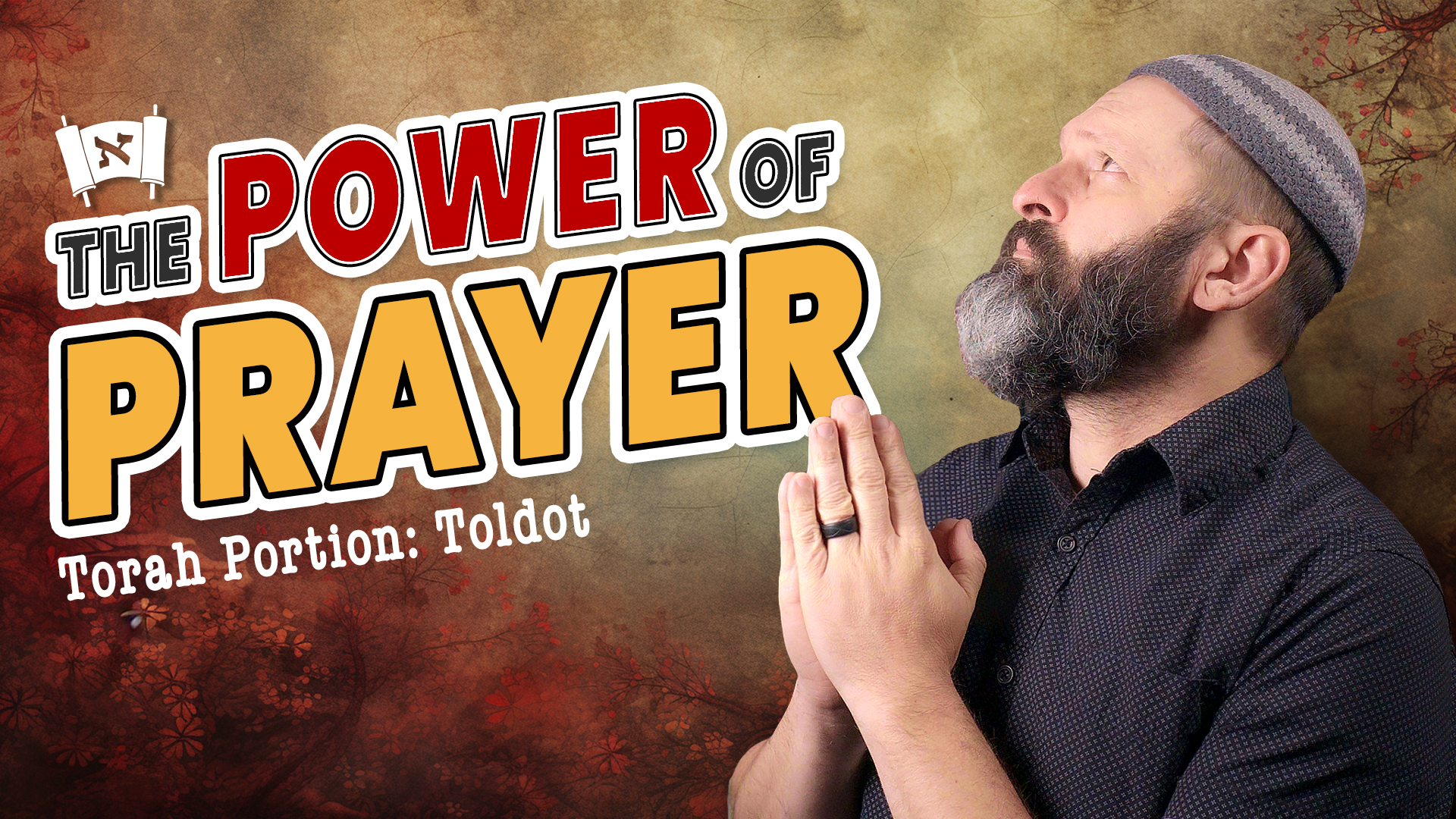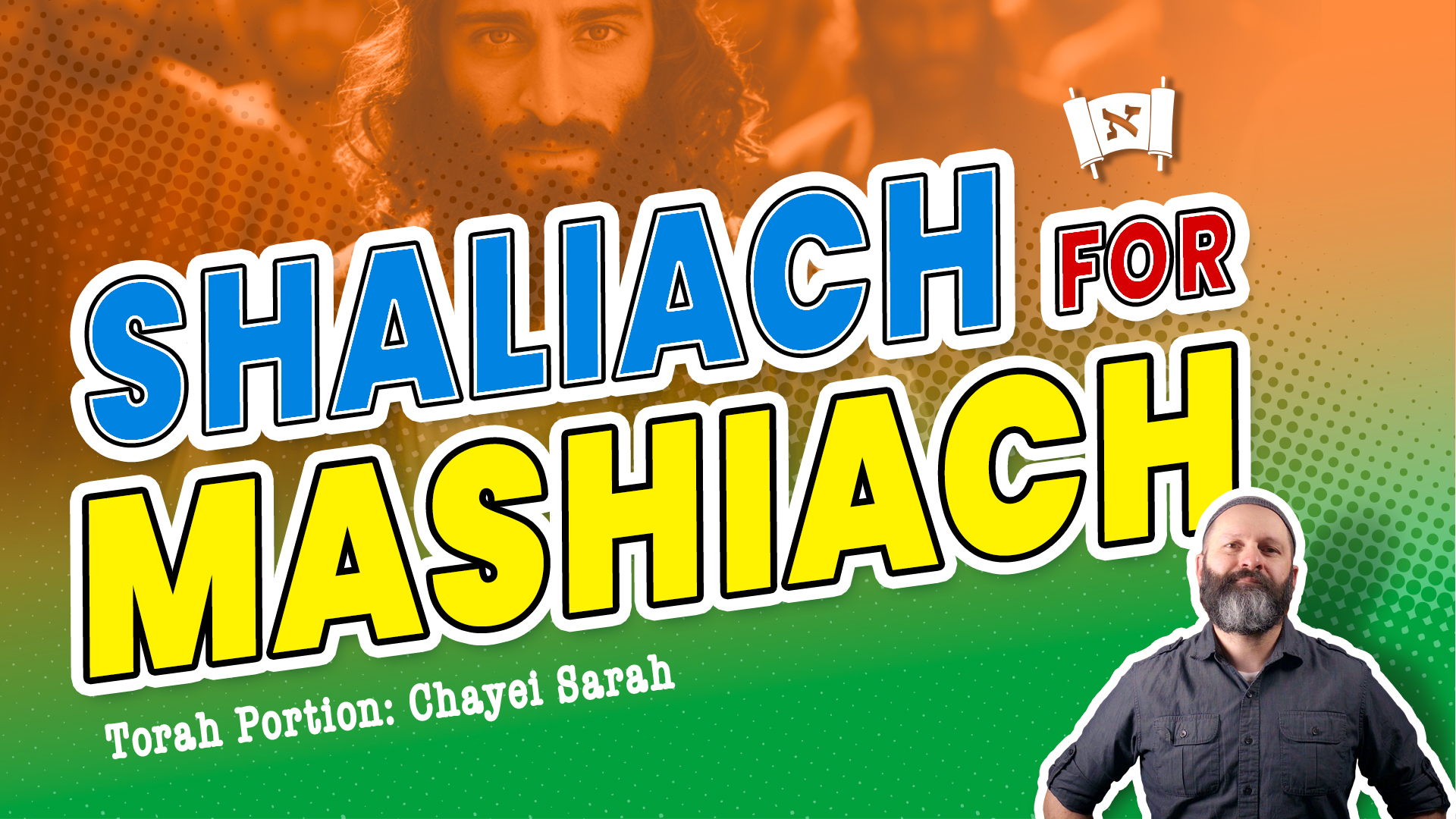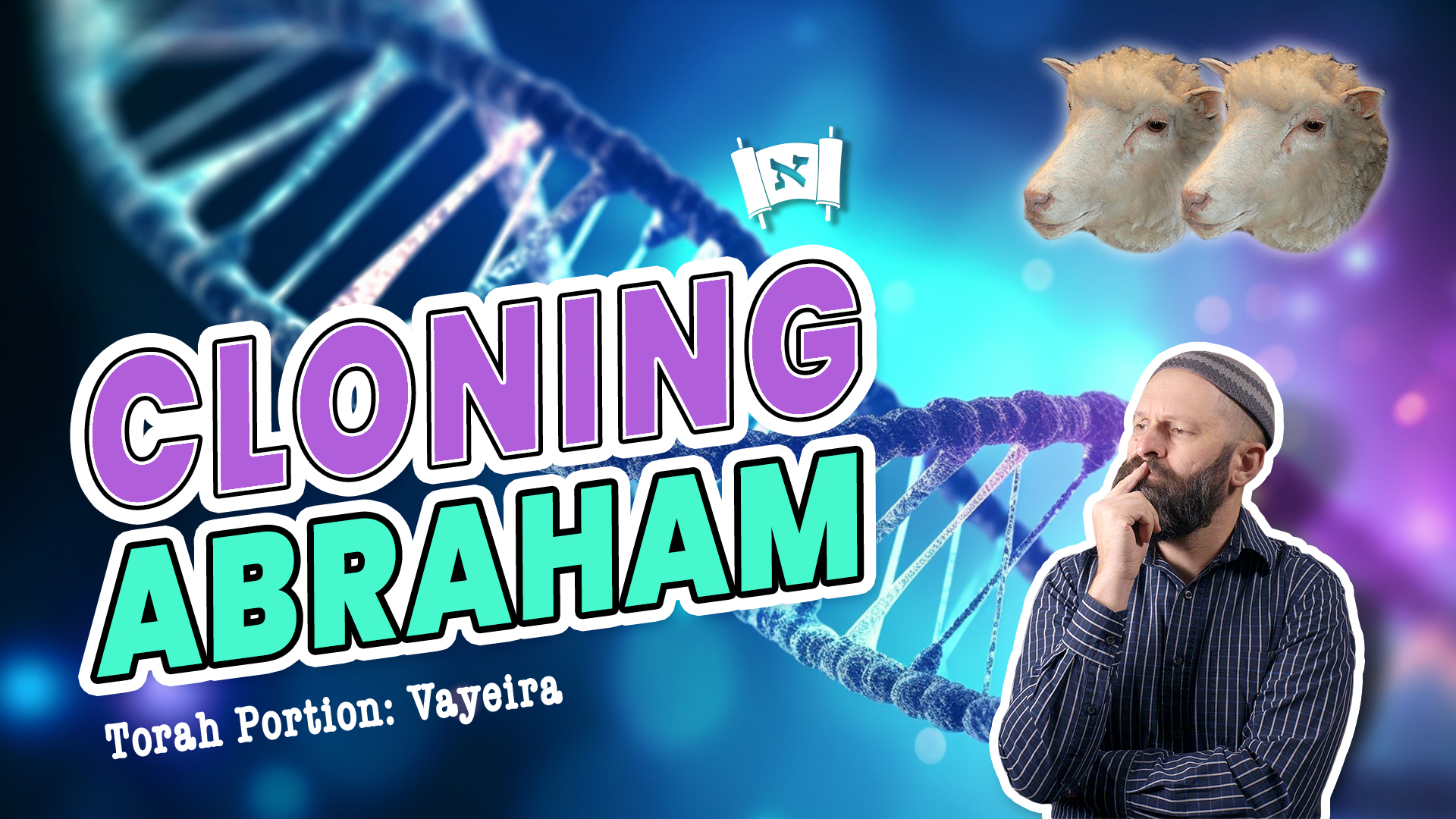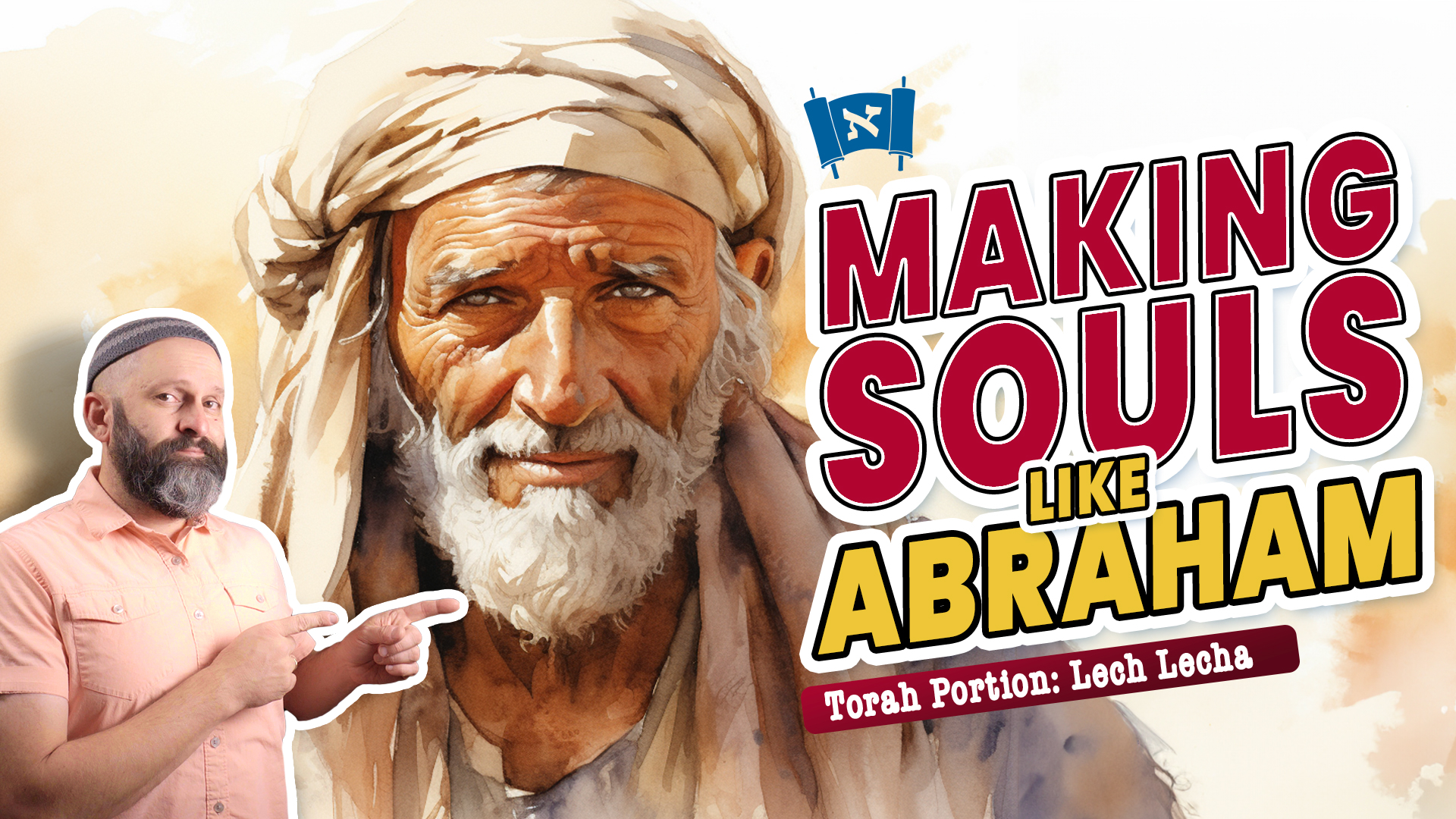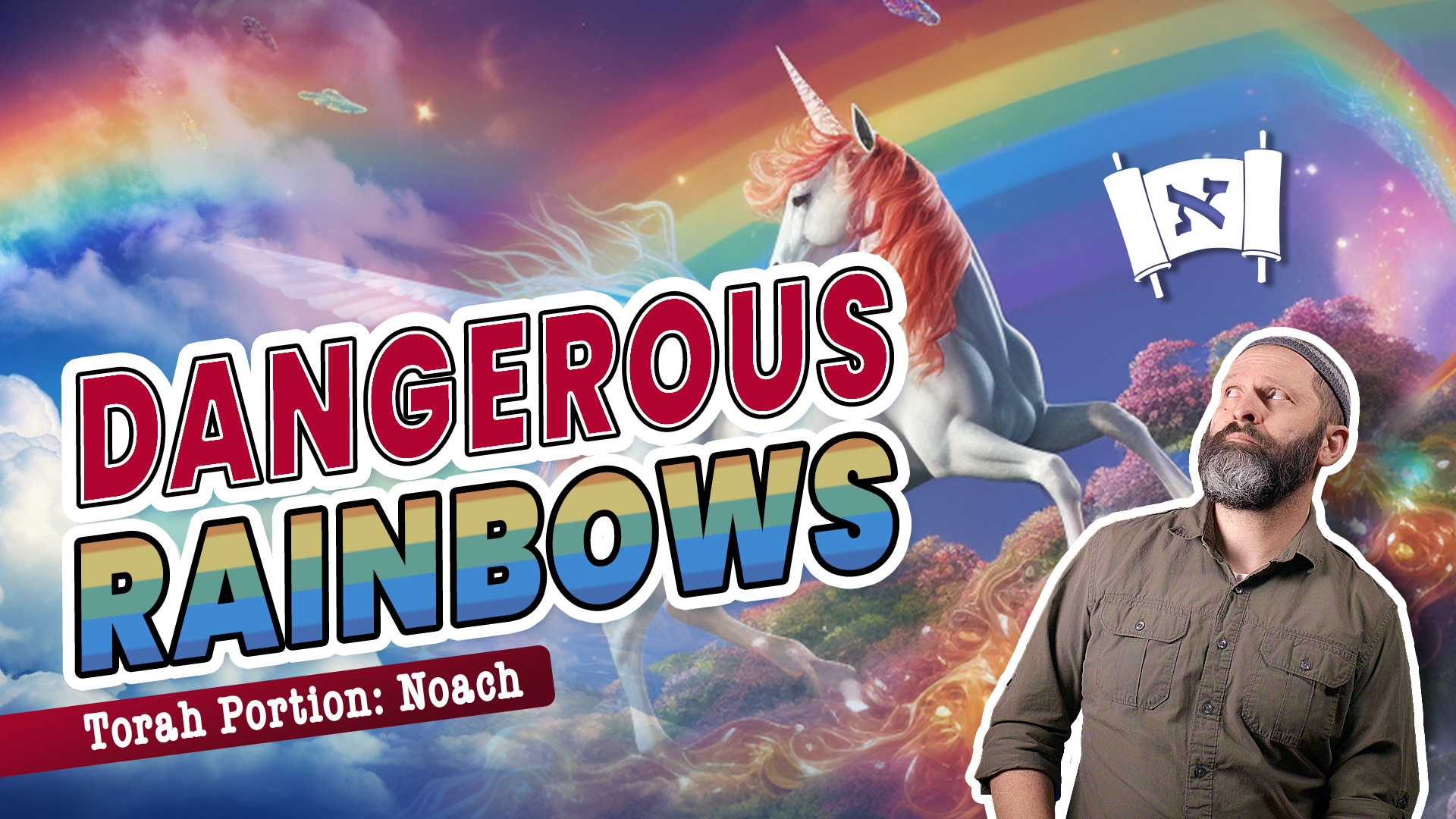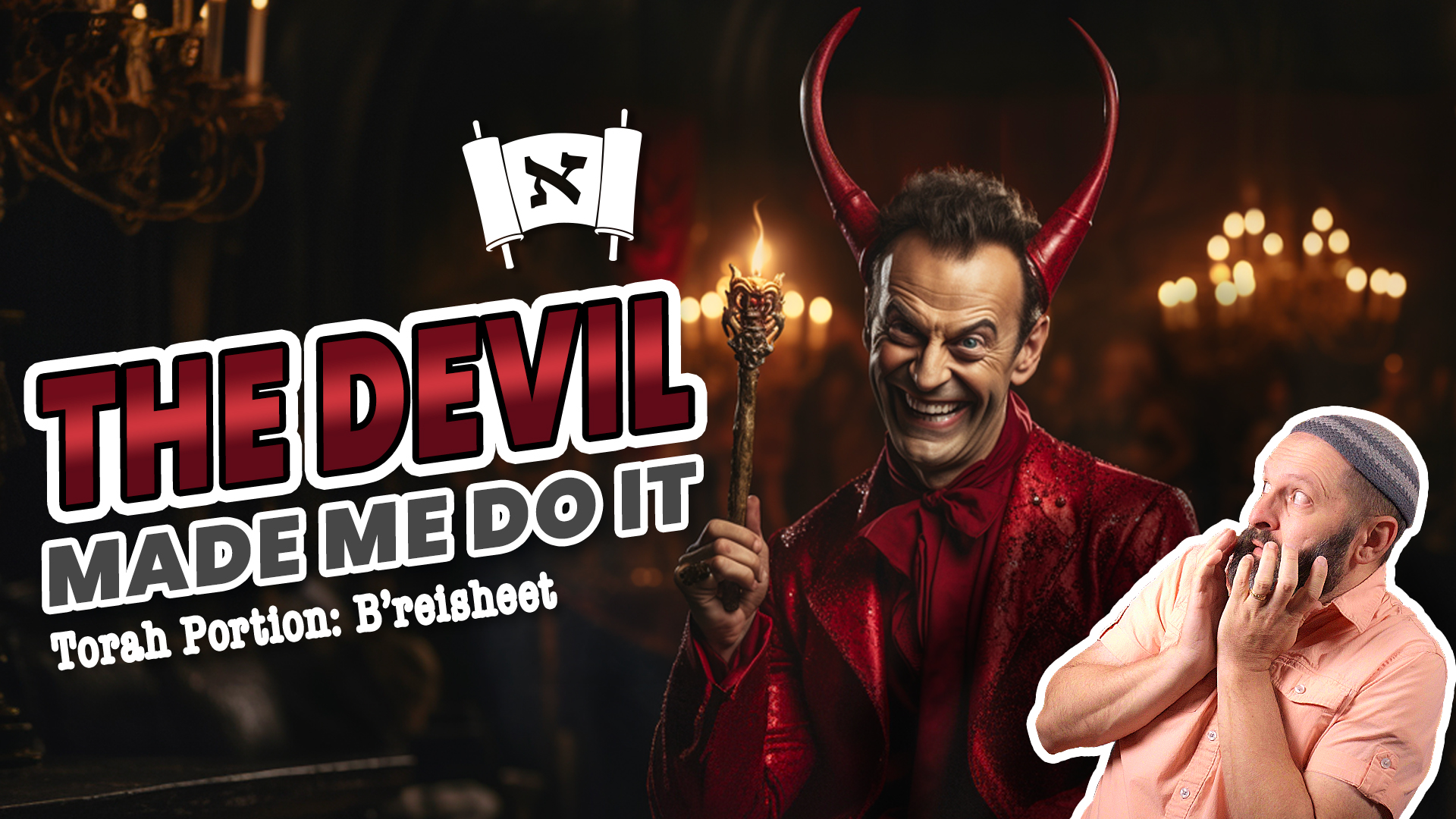Parashat Toldot (Genesis 25:19-28:9)
Parashat Toldot is essentially the story explaining how Jacob ended up receiving the birthright in place of his brother, Esau. At the very beginning of the story, however, Isaac and Rebecca have no children. Like, her mother-in-law, Sarah, Rebecca is barren. Just a few chapters over we also see that Rachel, the favored wife of Jacob, is also barren. All three of the matriarchs struggle with fertility, but yet all three eventually are able to conceive. Why is it that all three of these godly families struggled in this way? The Talmud proposes that it was because the LORD desired their prayers:
R. Isaac stated: Why were our ancestors barren? Because the Holy One, blessed be He, longs to hear the prayer of the righteous. (Yevamot 64a)

